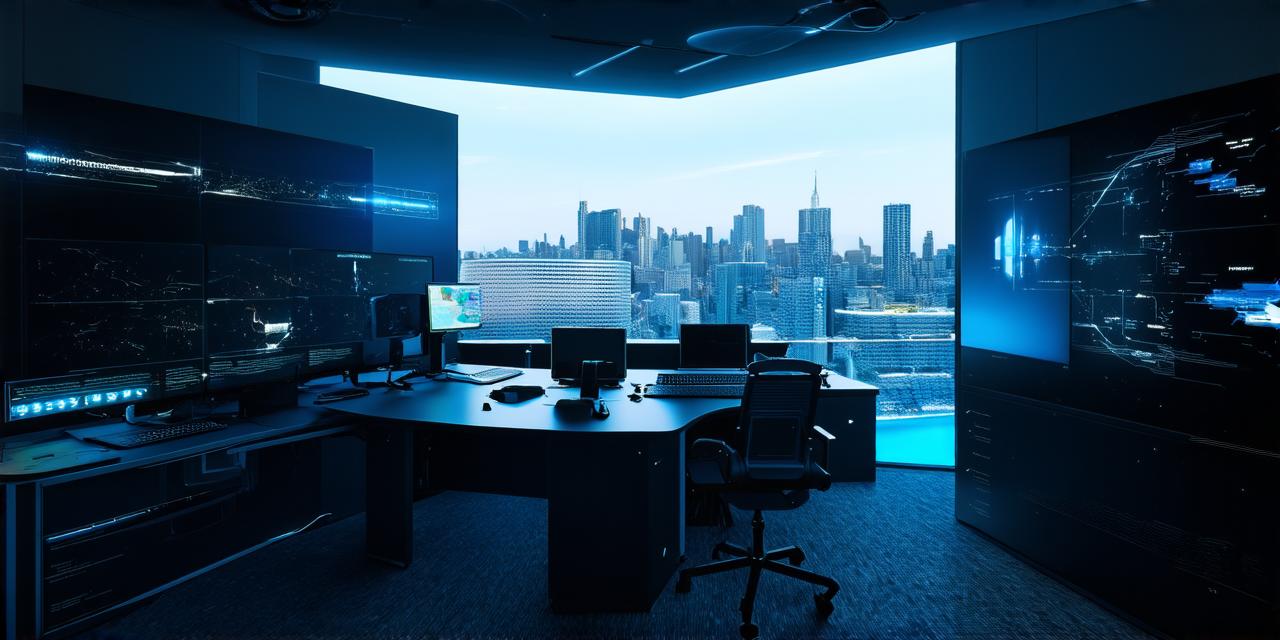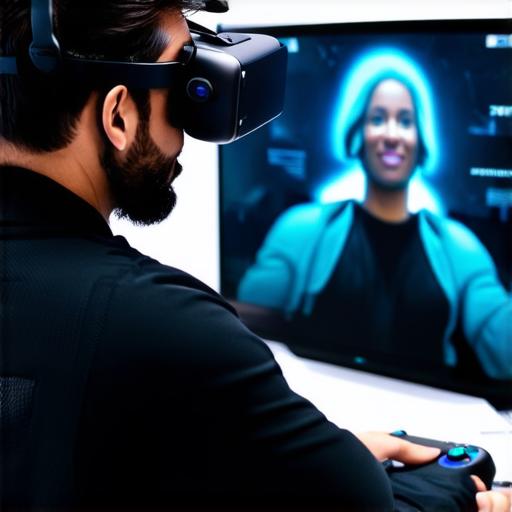
What are the responsibilities of a virtual reality specialist?
Virtual Reality Specialists: Responsibilities and Demand
Virtual reality (VR) technology has rapidly grown in popularity over the past few years, with more and more businesses and individuals exploring its potential applications. As a result, there is a growing demand for virtual reality specialists who can help companies create immersive and engaging VR experiences.
1. Understanding VR technology
Virtual reality specialists must have a deep understanding of the underlying technology that powers VR systems. They need to be familiar with concepts such as 3D modeling, computer-generated imagery (CGI), and motion capture, as well as the hardware requirements for VR development.
2. Creating immersive experiences
The primary responsibility of a virtual reality specialist is to create immersive and engaging VR experiences. This involves designing the environment, creating assets, and programming interactive elements that will make the user feel like they are truly in a virtual world.
3. Collaborating with other teams
Virtual reality specialists often work closely with other teams such as artists, designers, and developers to ensure that the final product meets the needs of the client or end-user. They need to be able to effectively communicate their ideas and collaborate with others to achieve the desired outcome.
4. Testing and refining VR experiences
Once a virtual reality experience is created, it must be tested and refined to ensure that it is engaging and effective. This involves gathering feedback from users, identifying areas for improvement, and making changes to the design or programming as necessary.
5. Staying up-to-date with technology

Virtual reality technology is constantly evolving, and virtual reality specialists must stay up-to-date with the latest advancements in order to create cutting-edge VR experiences. This involves attending industry events, reading trade publications, and participating in online forums and communities.
6. Managing project timelines and budgets
Virtual reality projects can be complex and time-consuming, and virtual reality specialists must be able to manage their workload effectively. This includes setting realistic timelines, allocating resources efficiently, and staying within budget constraints.
7. Providing technical support
Finally, virtual reality specialists may also be responsible for providing technical support to clients or end-users. This can include troubleshooting issues with VR hardware, explaining how to use the software, and answering questions about the overall user experience.
In conclusion, virtual reality specialists have a wide range of responsibilities that require a combination of technical skills, creative thinking, and effective communication. As this technology continues to grow in popularity, there will likely be an increasing demand for qualified virtual reality specialists who can help companies create immersive and engaging VR experiences.


